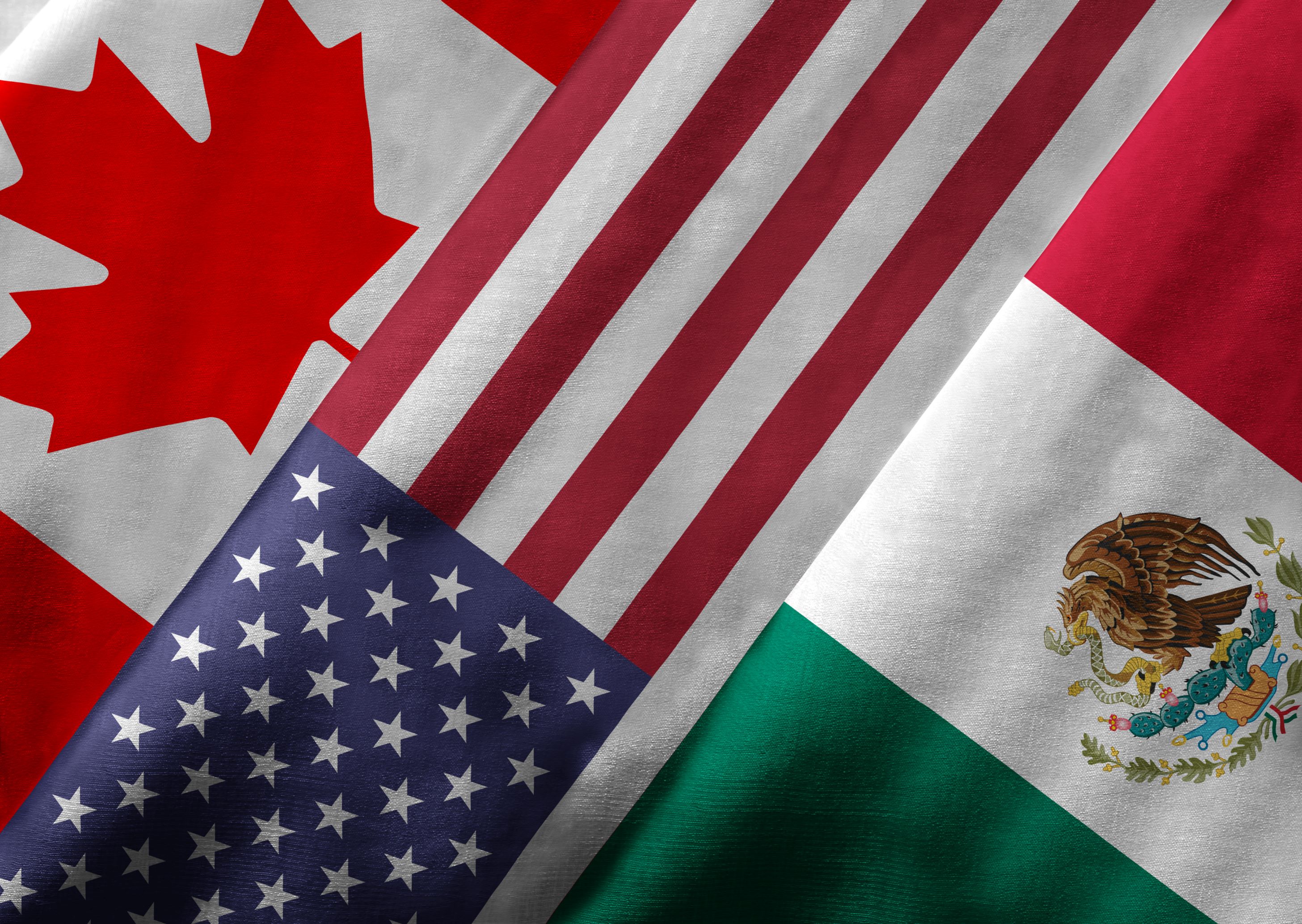
Will the US and China start to play nicely? And what would a second Trump term do to relations? The Daily Update takes its regular look at the big trade stories across North America with a roundup of USMCA news.
US and China officials to meet later today
US Treasury officials are set to meet Chinese counterparts later today (18 January), in the latest move that signals a degree of rapprochement between the world’s two largest economies.
A significant amount of the current geopolitical unease is built on fears of a new Cold War developing, with recent tensions between China and the US at the centre of such concerns.
The relationship between the world’s two largest economies has appeared to be improving, with the Treasury talks the latest in a series of multi-level, multi-department discussions between the two countries over recent months, including the meeting between the two presidents in California at the end of last year.
Senators call in the chips
Meanwhile, in a move that’s unlikely to help ease tensions, the House of Representatives’ China committee has called on the bosses of US chipmakers to testify before Congress.
The FT reports that the move, which has seen the committee write to the CEOs of Intel, Nvidia and Micron, marks a changes of pace, as the committee hasn’t previously questioned business leaders from any sector.
The panel’s concern with risks to US security from companies with major interests in China and the focus on semiconductors is part of a global trend to treat China’s heavy presence in chip manufacturing as a potential risk, especially in combination with the rising tensions with Taiwan, which Beijing sees as a breakaway territory.
Iowa Caucus result clear cut, implications for trade uncertain
US-China trade relations are likely to be significantly less friendly in the event of a second Trump presidency and that possibility is looking more plausible than ever after Trump’s thumping majority in the Iowa Caucus.
Winning the vote to decide the Republican Party’s candidate for this year’s election by a margin of more than 30 points, Trump succeeded in collecting more votes that the rest of the candidates combined.
This end-of-year piece in The New York Times neatly laid out Trump’s trade policy for 2025 and reviewed the possible impact of imposing import tariffs on most goods and cracking down on Chinese ownership of companies and assets. Spoiler alert, the impact is not positive.
It’s a timely reminder of the need to not take globalisation for granted. This opinion piece from Gillian Tett in the FT neatly explains why we need to guard against complacency, even if the total unwinding of globalisation hasn’t happened yet.
Cold snap continues
Voters in Iowa had to force themselves through extreme cold and wintry conditions, with a windchill reportedly making temperatures close to -40°F. People in the northern US and Canada may be used to the cold but this year’s Artic blast has been worse than most, with record low temperatures recorded in various states across both countries.
The cold weather even closed some airports for a day or two, negatively affecting the economy and trade.
But according to one trade expert, Canada is likely to experience far worse in the year to come. In an interview with the Financial Post, Mark Warner, principal counsel at MAAW Law, said Canada “could be sideswiped by global trade disputes”.
Also, likely to face something of a potential sideswiping are thousands of small businesses across Canada who this week face the prospect of the repayment date for any Canada Emergency Business Account (CEBA) loans taken out during the pandemic. Canadian premier Justin Trudeau has already ruled out an extension.
Mexico unseats China as US’ largest exporter
Further south, things are looking considerably hotter. One unlikely beneficiary of the first round of Trump tariffs, many of which president Biden has left in place, has been Mexico.
As much as Trump may rant about the ease with which things enter the US from across the southern border, Mexico has done well from a combination of geopolitical tensions, supply chain uncertainties and the desire to nearshore, overtaking China in 2023 to become the largest exporter of goods to the US.



